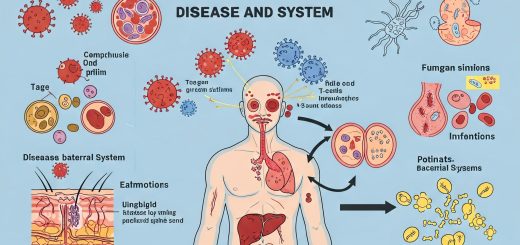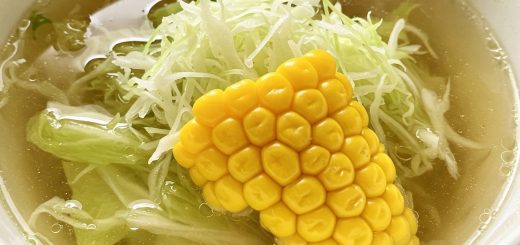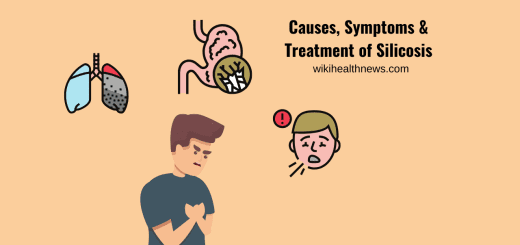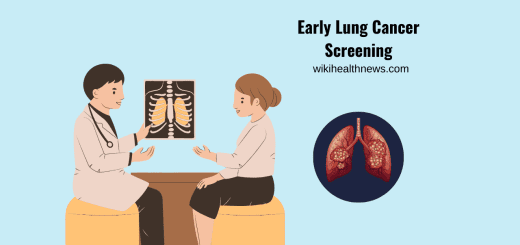The Nutritional Value of Potatoes: A Comprehensive Guide
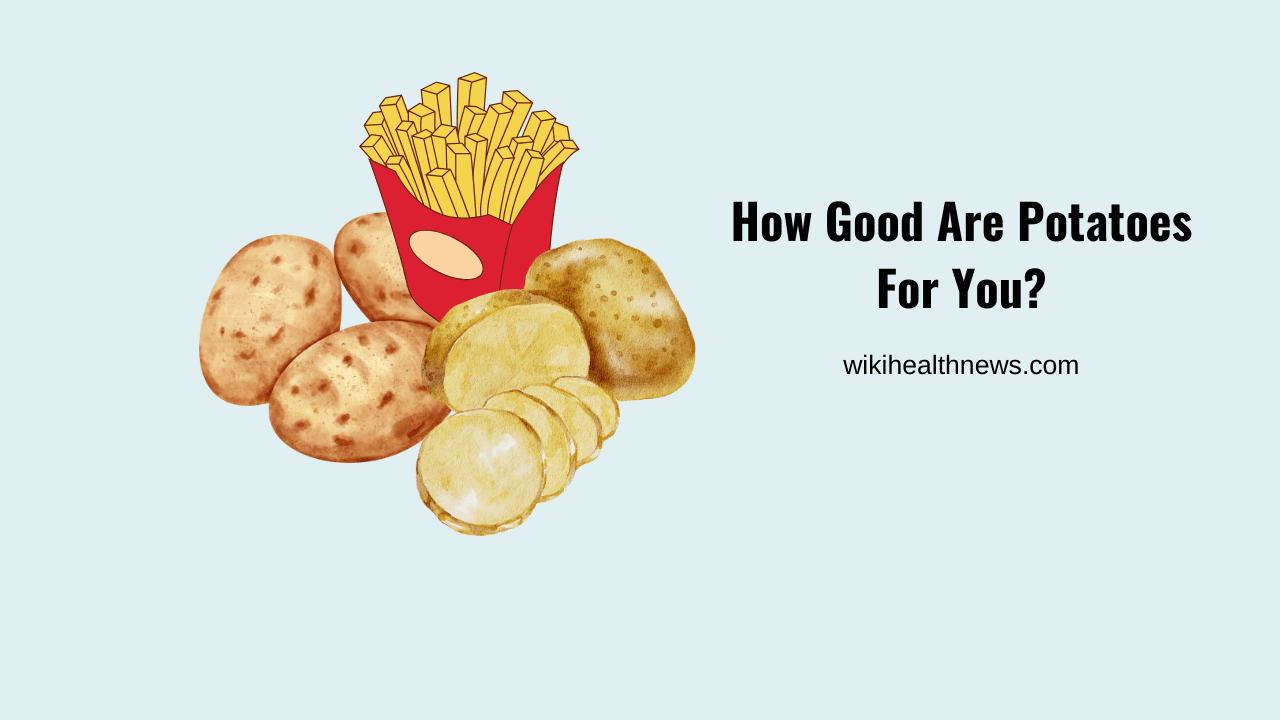
Potatoes are one of the most widely consumed vegetables around the world. Beloved for their versatility, they can be prepared in numerous ways—boiled, mashed, roasted, or fried. However, beyond their culinary appeal, potatoes are also packed with nutritional benefits that can contribute to a balanced diet. In this article, we will delve into the nutritional value of potatoes, their health benefits, and tips for incorporating them into your meals.
Nutritional Composition of Potatoes
A medium-sized potato (about 150 grams) offers a wealth of nutrients:
- Calories: Approximately 130 calories
- Carbohydrates: 30 grams
- Protein: 3 grams
- Fat: 0.2 grams
- Fiber: 2 grams
- Vitamin C: 30% of the Daily Value (DV)
- Vitamin B6: 15% of the DV
- Potassium: 620 mg (15% of the DV)
- Iron: 6% of the DV
- Magnesium: 6% of the DV
A table outlining the benefits and disadvantages of potatoes for different categories of people:
| Category | Benefits | Disadvantages |
|---|---|---|
| General Population | – Good source of vitamins (C, B6) and minerals (potassium) | – High in carbohydrates; can spike blood sugar |
| – Versatile in cooking and can be part of various dishes | – Can lead to weight gain if consumed in excess | |
| – Contains fiber, aiding digestion | – May cause digestive issues in sensitive individuals | |
| Athletes | – Provides quick energy due to high carbohydrate content | – Overconsumption may lead to unnecessary weight gain |
| – Rich in potassium, important for muscle function | – Can be high in calories when fried or prepared with unhealthy fats | |
| Diabetics | – Can be part of a balanced diet if portion-controlled | – High glycemic index can raise blood sugar levels |
| – Offers fiber, which can help regulate blood sugar | – Should avoid processed potato products (e.g., chips) | |
| Weight Watchers | – Low in calories when boiled or baked | – Caloric density increases with butter, cream, or frying |
| – Filling and can reduce overall calorie intake | – Can be easy to overeat when prepared in unhealthy ways | |
| Children | – Nutrient-rich and can be an easy way to introduce veggies | – Preference for fried or processed versions can be unhealthy |
| – Can be fun to prepare in various shapes and styles | – May lead to picky eating if not introduced in healthy forms | |
| Elderly | – Soft texture makes them easy to eat and digest | – May cause blood sugar spikes if not balanced with protein/fiber |
| – Provides necessary nutrients for bone health | – Often prepared in unhealthy ways, reducing their health benefits |
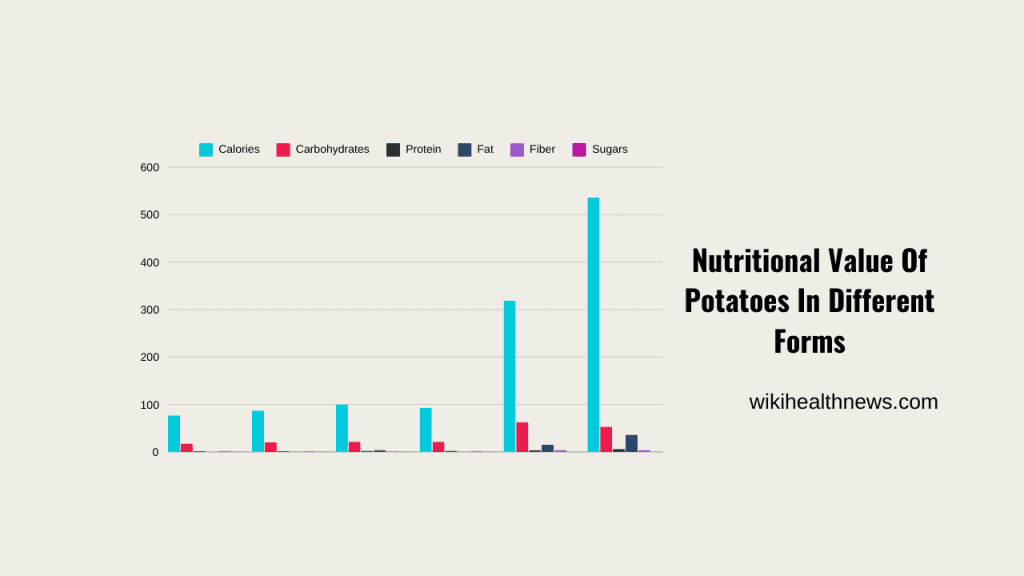
Macronutrients
- Carbohydrates: Potatoes are primarily composed of carbohydrates, mainly in the form of starch. They provide a quick source of energy, making them an excellent option for athletes and active individuals.
- Protein: While not a complete protein source, potatoes contain a moderate amount of protein, which can support muscle repair and growth.
- Fat: Potatoes are low in fat, making them a heart-healthy food choice.
Micronutrients
- Vitamin C: This powerful antioxidant boosts the immune system, helps in the absorption of iron, and promotes healthy skin.
- Vitamin B6: Essential for brain health, Vitamin B6 plays a crucial role in metabolism and the production of neurotransmitters.
- Potassium: Vital for heart health and muscle function, potassium helps regulate blood pressure and fluid balance in the body.
- Iron: Important for oxygen transport in the blood, iron is crucial for energy production and overall health.
- Magnesium: This mineral supports muscle function, nerve transmission, and energy production.
Health Benefits of Potatoes
1. Digestive Health
Potatoes are a good source of dietary fiber, which aids digestion and promotes a healthy gut. Fiber helps prevent constipation and may lower the risk of developing gastrointestinal disorders.
2. Weight Management
Despite being starchy, potatoes can aid in weight management. They are filling and can reduce hunger, helping to control calorie intake. Boiled or baked potatoes, in particular, have a low glycemic index, which means they cause a gradual rise in blood sugar levels.
3. Heart Health
The potassium content in potatoes plays a significant role in maintaining cardiovascular health. Adequate potassium intake is associated with lower blood pressure and reduced risk of stroke.
4. Antioxidant Properties
Potatoes contain antioxidants, including flavonoids and carotenoids, which combat oxidative stress in the body. This can reduce the risk of chronic diseases, including heart disease and certain types of cancer.
5. Skin Health
The Vitamin C content in potatoes promotes collagen production, essential for maintaining skin elasticity and health. Additionally, potatoes can be used topically to soothe skin irritations and reduce puffiness.
How to Prepare Potatoes for Maximum Nutritional Value
To reap the full benefits of potatoes, preparation methods matter. Here are some tips:
1. Choose Healthy Cooking Methods
Opt for boiling, baking, or steaming rather than frying. Fried potatoes can significantly increase calorie and fat content, negating their health benefits.
2. Leave the Skin On
Much of the fiber and nutrients are found in the skin. Washing potatoes thoroughly and cooking them with the skin retains more of their nutritional value.
3. Pair with Nutrient-Rich Ingredients
Combine potatoes with other healthy foods. Pair them with lean proteins, such as chicken or fish, and colorful vegetables to create balanced meals.
4. Control Portion Sizes
While potatoes are healthy, moderation is key. A medium-sized potato is generally an appropriate serving size for most meals.
Common Myths About Potatoes
Myth 1: Potatoes are Fattening
Many people believe that potatoes contribute to weight gain. In reality, when prepared healthily, they can be a part of a balanced diet. The key is to avoid excessive amounts of butter, cream, or frying.
Myth 2: Potatoes Have No Nutritional Value
Contrary to popular belief, potatoes are nutrient-dense and offer significant health benefits. They are a source of vitamins, minerals, and fiber that can contribute positively to your diet.
Conclusion
Potatoes are more than just a comfort food; they are a nutrient-rich vegetable that offers numerous health benefits. Whether you enjoy them boiled, baked, or roasted, incorporating potatoes into your diet can enhance your nutritional intake and support overall health. By choosing healthy preparation methods and pairing them with other nutritious foods, you can enjoy this versatile vegetable while reaping its many rewards.
By understanding the nutritional value of potatoes, you can make informed choices that contribute to a healthy lifestyle. So next time you reach for a potato, remember that you’re not just enjoying a delicious dish—you’re also nourishing your body.
Read More






